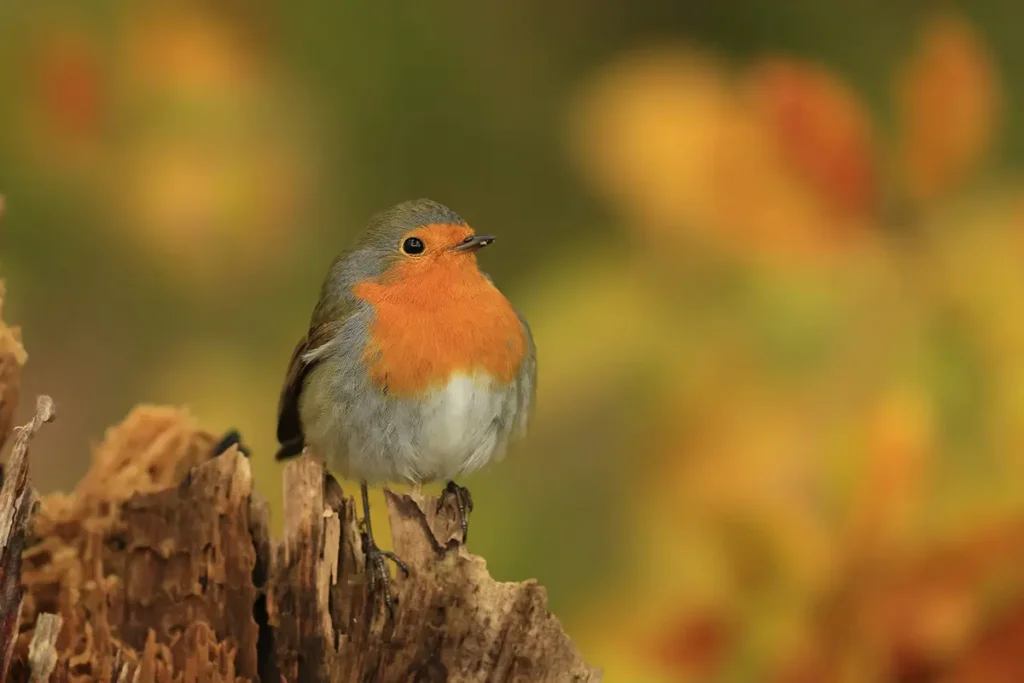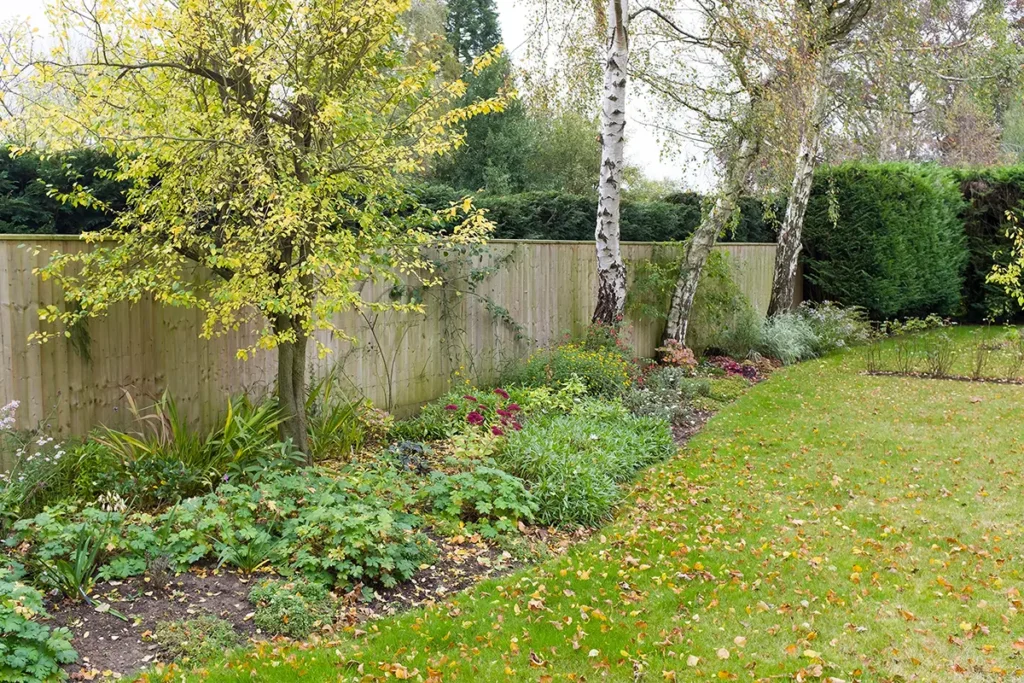Alan Titchmarsh, a beacon of horticultural wisdom, beckons us to delve into the intricate wonders of our gardens. Beyond the vast landscapes and towering trees, lies a world of minute marvels waiting to be discovered.
Have you ever paused to admire the delicate dance of a dew-kissed morning glory? Or felt a surge of excitement at the sight of a tiny sprout breaking through the soil? Often, we are so engrossed in the grandeur of nature that we overlook the magic unfolding right in our backyards. This column is an invitation to explore, appreciate, and celebrate the seemingly mundane wonders of our gardens.
The Magic in Minute Details
Have you ever truly observed the intricate patterns on a butterfly’s wings or the shimmering trail of a snail? These tiny wonders, often overlooked, hold as much magic as any vast landscape. It’s all about perspective.
A Symphony of Life Underfoot
Turn over a log, and you’ll unveil a bustling metropolis of insects, each playing its unique role in the grand orchestra of life. From the diligent ants to the graceful spiders, every creature contributes to the harmony of nature.
The Robin: Nature’s Little Helper

The sight of a robin redbreast, with its head tilted, listening intently for worms, is not just a visual treat. This little bird is a gardener in its own right, managing pests and ensuring the balance of our gardens.
Autumn’s Grand Farewell
As leaves transform into a riot of colours, from vibrant golds to deep russets, nature throws a grand farewell party. Each tree stands as a testament to the beauty of change, a firework display frozen in time.
Winter: A Time of Renewal
Rather than viewing winter as a dormant period, see it as a time of rejuvenation. The fallen leaves return to the soil, providing warmth and nourishment, setting the stage for new life to emerge.
Beyond Weeding and Watering
Gardening is not just about maintenance. It’s about immersing oneself in a living, breathing world, witnessing the daily miracles that unfold right before our eyes.
The Rhythms of Life

Understanding the cycles of the seasons, the ebb and flow of life, starts with appreciating the tiniest shoot. It’s about syncing our lives with the rhythms of nature.
The Constant Rebirth of Nature
Every time you step into your garden, you’re witnessing the continuous rebirth and reimagination of the natural world. From the sprouting of seeds to the blossoming of flowers, nature is in a perpetual state of renewal.
Becoming One with Nature
To truly appreciate our gardens, we must become a part of them. Feel the soil between your fingers, listen to the whispers of the wind, and lose yourself in the beauty that surrounds you.
The Promise of Discovery
The next time you venture into your garden, take a moment to explore its nooks and crannies. You’ll be amazed at the wonders waiting to be discovered.
Our gardens are a treasure trove of wonders, both big and small. By taking the time to observe, listen, and immerse ourselves in their beauty, we can truly appreciate the magic they hold. So, step out, explore, and let nature’s marvels captivate your heart.
FAQs
- Why is it important to observe the small details in our gardens?
- Observing the minute details allows us to appreciate the intricacies and beauty of nature, fostering a deeper connection with our surroundings.
- How can we become more in tune with the rhythms of nature?
- By spending time in our gardens, observing the changing seasons, and immersing ourselves in the natural world, we can develop a deeper understanding of nature’s rhythms.
- What role do insects play in our gardens?
- Insects play a crucial role in pollination, decomposition, and pest control, ensuring the balance and health of our gardens.
- Why is winter considered a time of renewal for gardens?
- Winter provides the earth with a chance to rejuvenate. The fallen leaves decompose, enriching the soil and paving the way for new growth in the spring.
- How can we make our gardens more wildlife-friendly?
- By planting native species, providing water sources, and creating habitats like log piles, we can attract and support a diverse range of wildlife in our gardens.










